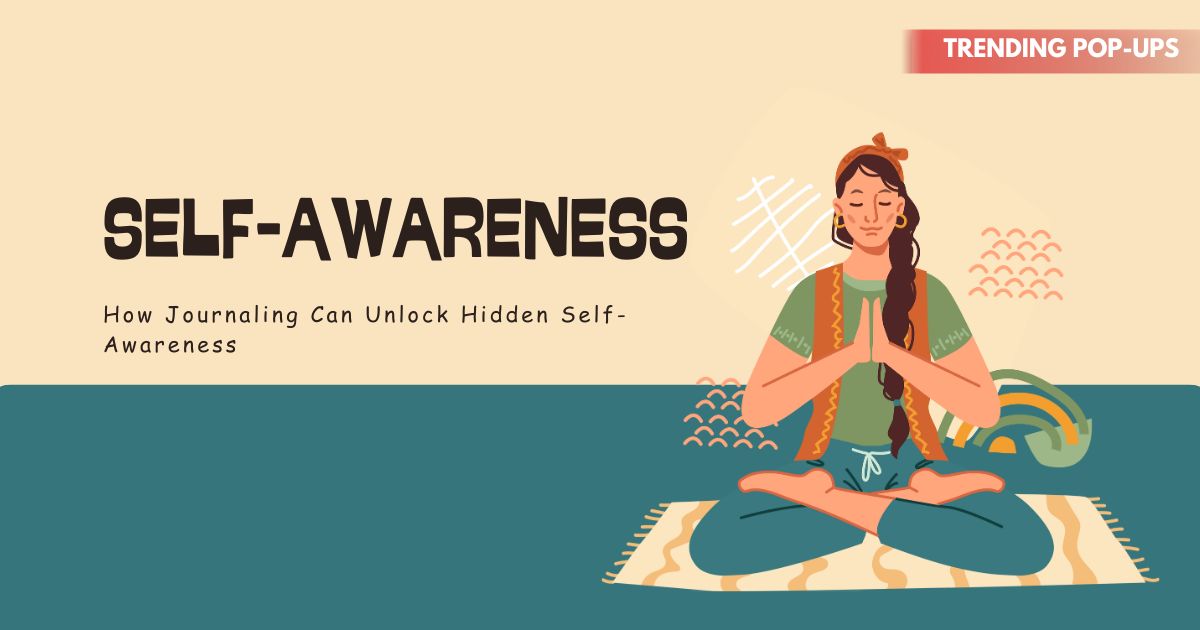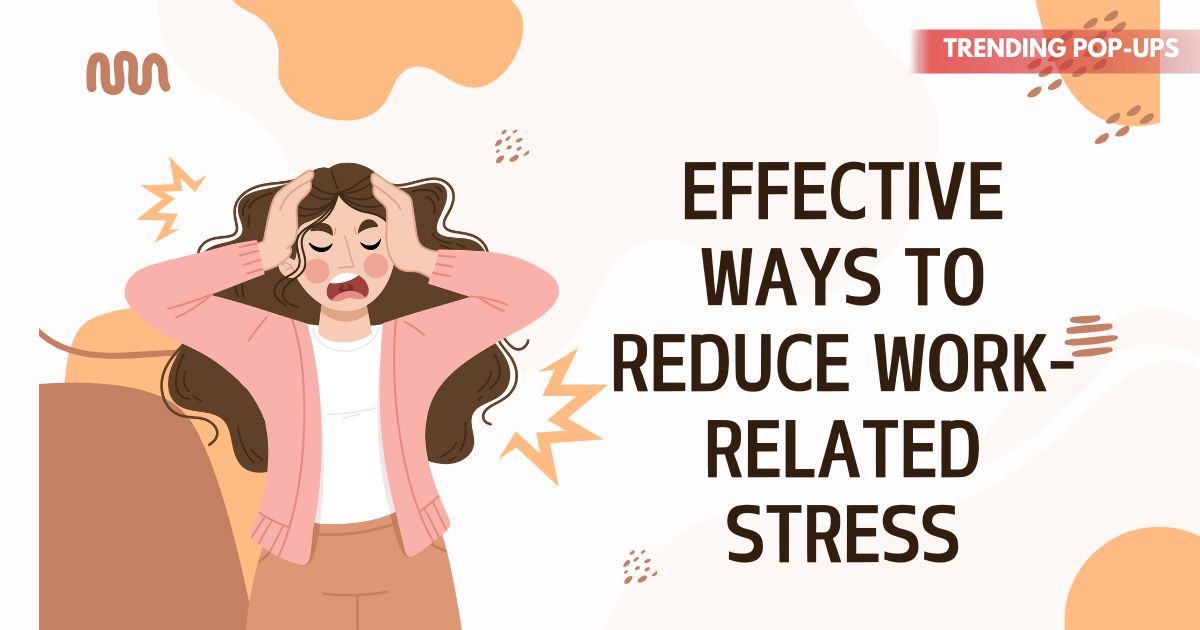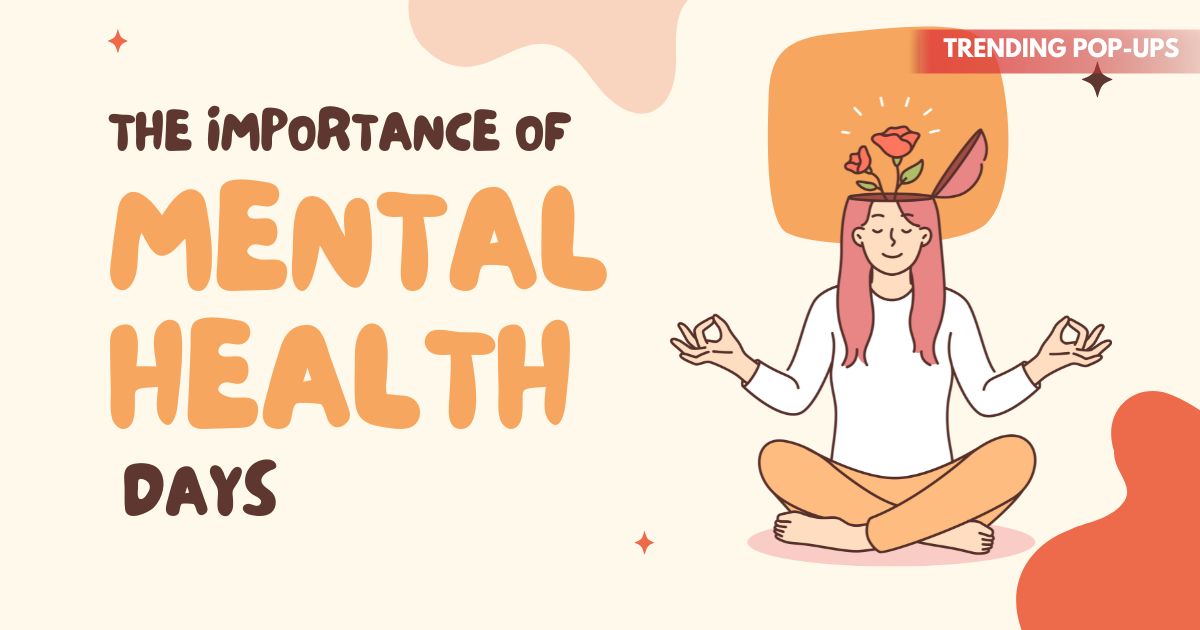Self-awareness is the foundation of personal growth, emotional intelligence, and mental well-being. Yet, in our fast-paced lives, it’s easy to lose touch with our inner thoughts and emotions. One of the simplest yet most transformative tools for reconnecting with yourself is journaling. Beyond being a method of self-expression, journaling can reveal hidden patterns, emotions, and insights that help you understand yourself better.
In this article, we’ll explore how journaling unlocks self-awareness, why it works, practical techniques to get started, and how to make it part of your daily life.
Why Self-Awareness Matters
Self-awareness is the ability to objectively understand your thoughts, emotions, and behaviors. It helps you recognize why you react to situations the way you do, identify areas for growth, and strengthen your decision-making. People with high self-awareness often have better relationships, greater confidence, and improved emotional regulation.
Journaling acts like a mirror, reflecting your inner world so you can examine it without judgment.
The Science Behind Journaling and Self-Reflection
Research in psychology shows that expressive writing can reduce stress, improve mental health, and enhance clarity of thought. Journaling activates the brain’s analytical and emotional centers simultaneously, helping you process complex experiences.
When you write your thoughts down, you externalize them. This creates psychological distance, making it easier to identify triggers, hidden beliefs, and recurring thought patterns. Over time, this builds emotional intelligence and strengthens your sense of self.
How Journaling Unlocks Hidden Self-Awareness
1. Reveals Thought Patterns
By consistently recording your thoughts, you’ll begin to notice repeated themes—such as fears, worries, or self-doubt. Recognizing these patterns gives you the power to challenge and change them.
2. Highlights Emotional Triggers
Journaling helps you track emotional highs and lows, revealing what truly influences your mood. This can make you more mindful and less reactive in the moment.
3. Encourages Honest Self-Expression
Unlike conversations, journaling is private. You can be completely authentic, free from judgment or societal expectations. This honesty brings clarity about your desires, values, and true self.
4. Strengthens Mindfulness
Writing about your day requires reflection. Instead of rushing through life, journaling slows you down, encouraging you to observe how you felt and why.
5. Tracks Growth Over Time
Reading old journal entries can be eye-opening. It shows how much you’ve evolved, helping you appreciate progress and gain confidence in your journey.
Effective Journaling Techniques for Self-Awareness
Not all journaling methods work the same way. Try these proven approaches to unlock deeper awareness:
1. Stream-of-Consciousness Writing
Set a timer for 10–15 minutes and write without stopping. Don’t worry about grammar or structure—just let your thoughts flow freely. This helps uncover subconscious beliefs.
2. Guided Prompts
Use questions to dive deeper into your inner world, such as:
-
What am I feeling right now, and why?
-
What fears hold me back?
-
What am I most grateful for today?
3. Gratitude Journaling
Focusing on gratitude can shift your mindset, reduce negativity, and highlight what truly matters in your life.
4. Reflective Journaling
At the end of each day, write about what went well, what didn’t, and what you learned. This practice sharpens self-reflection skills.
5. Bullet Journaling
If you prefer structure, bullet journaling combines lists, notes, and reflections in a creative, organized way.
Making Journaling a Daily Habit
-
Start small – Even 5 minutes a day can have a powerful impact.
-
Choose the right medium – Whether you prefer pen and paper or a digital app, use what feels natural.
-
Be consistent – Journaling works best when it’s regular.
-
Don’t self-censor – Allow your true thoughts to surface without judgment.
-
Review regularly – Re-reading entries helps you see your growth and identify recurring patterns.
The Emotional Benefits of Journaling
In addition to self-awareness, journaling offers:
-
Stress relief and emotional release
-
Better problem-solving skills
-
Increased focus and clarity
-
Enhanced creativity
-
Stronger emotional regulation
When combined, these benefits not only deepen self-awareness but also improve overall mental health.
How Journaling Enhances Decision-Making
Clarity leads to better choices. By examining your motivations and fears through journaling, you can make decisions based on self-understanding rather than impulse or external pressure. This makes you more intentional in your personal and professional life.
Final Thoughts
Journaling is more than a simple writing exercise—it’s a powerful tool for personal transformation. By giving yourself space to reflect honestly, you uncover hidden truths, discover your authentic self, and create a deeper connection with your inner world. Over time, this self-awareness can improve your relationships, strengthen resilience, and guide you toward a more fulfilling life.
So grab a notebook, take a deep breath, and start writing—your path to hidden self-awareness begins with just one page.
Also Read : Emotional Intelligence: The Secret to Stronger Relationships
FAQs
1. How often should I journal for self-awareness?
Daily journaling is ideal, but even 2–3 times per week can bring noticeable benefits.
2. What’s the best time to journal?
Many people prefer mornings for clarity or evenings for reflection, but any consistent time works.
3. Do I need to write a lot for journaling to be effective?
No. Even a few sentences can provide meaningful insights if done regularly.
4. Can digital journaling apps work as well as paper journals?
Yes. The medium doesn’t matter—what’s important is consistency and honesty.
5. What if I don’t know what to write?
Start with prompts like “How am I feeling right now?” or “What’s on my mind today?” to get unstuck.



